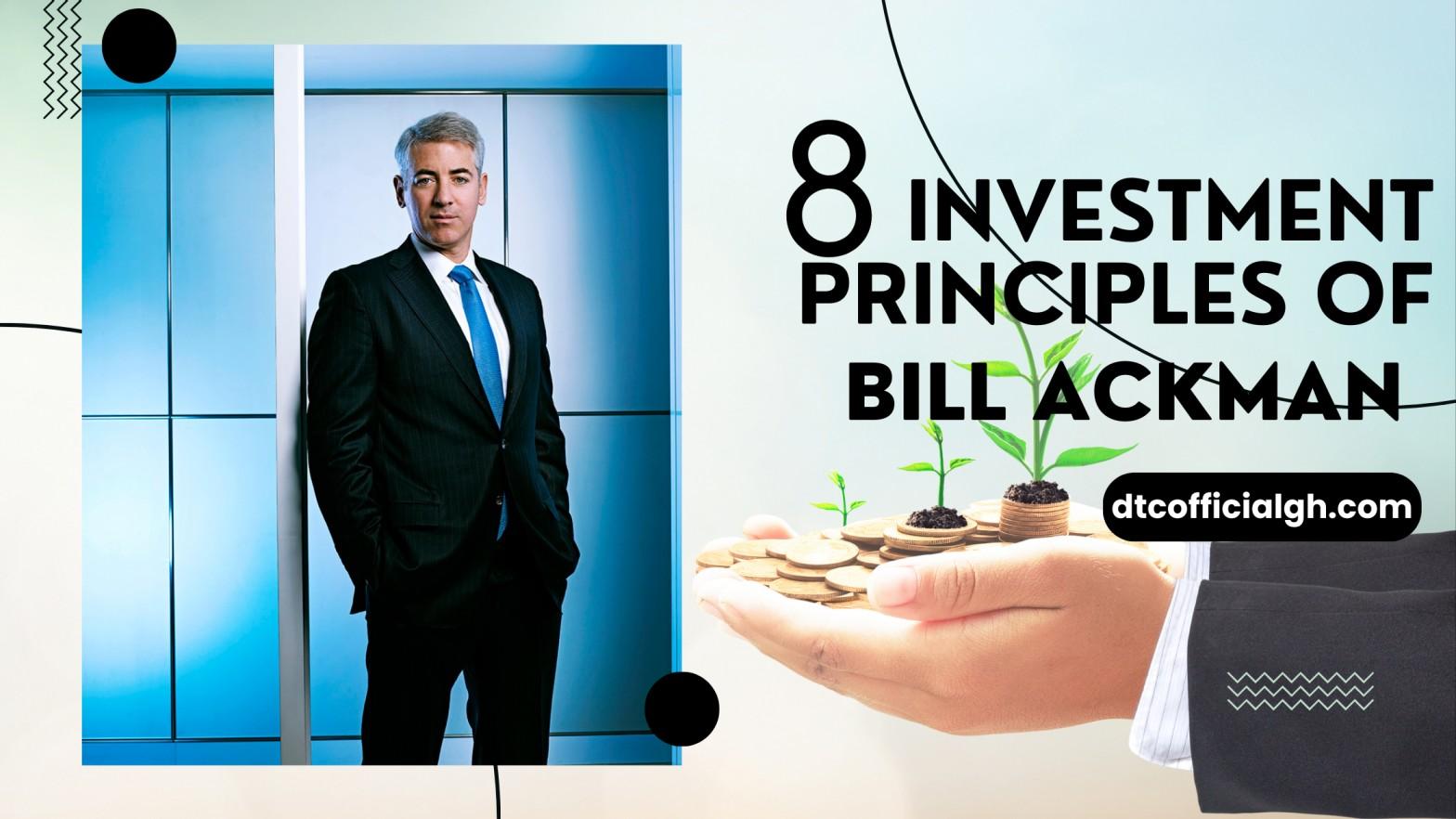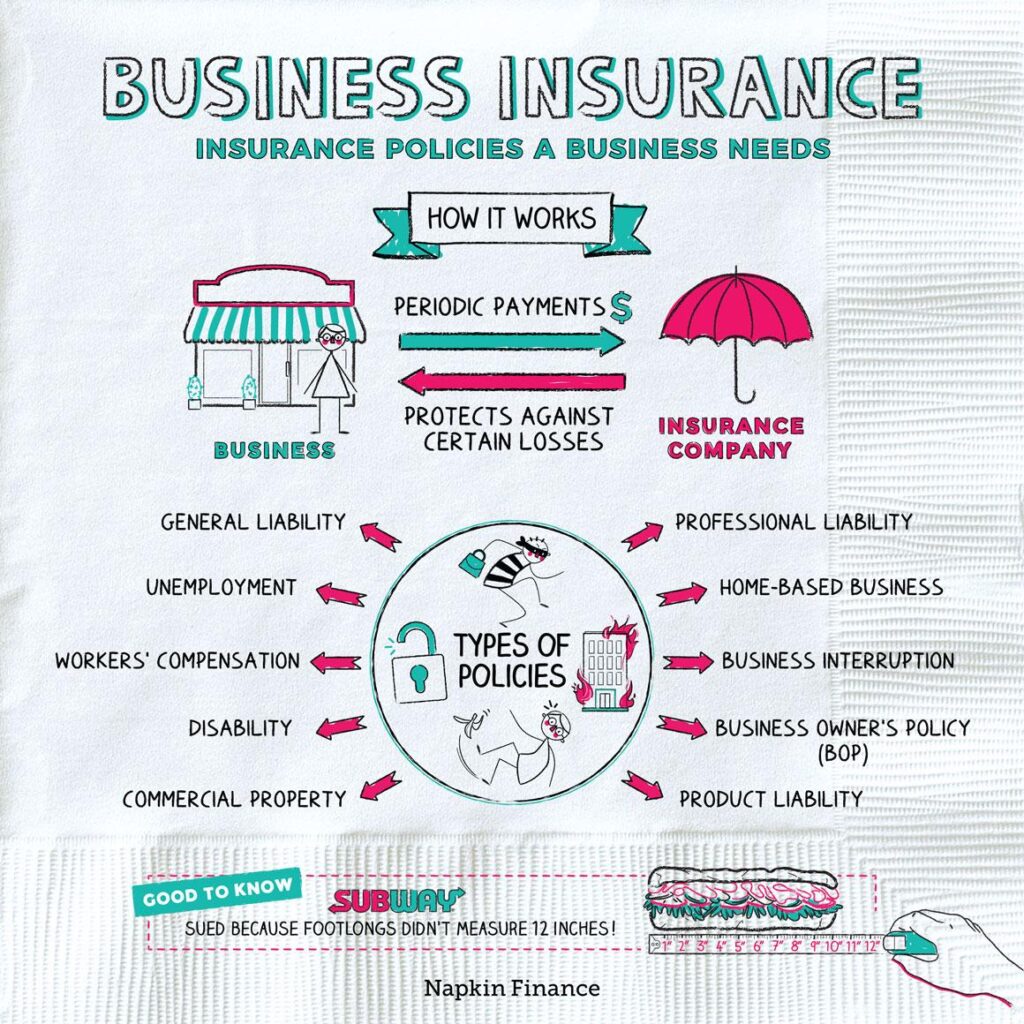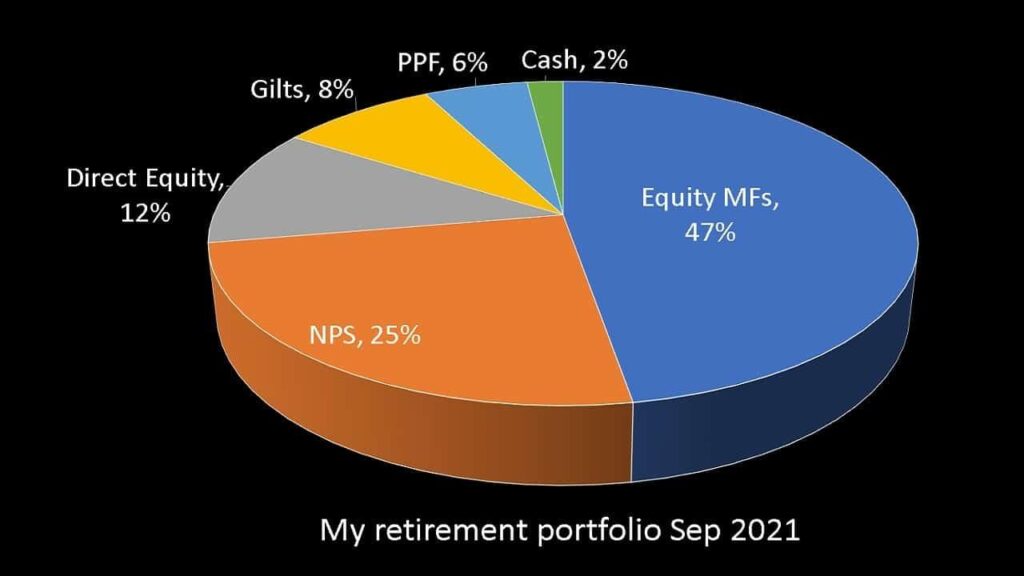In the high-stakes arena of Wall Street, where fortunes rise and fall with the tick of a stock chart, billionaire investor Bill Ackman has long been a beacon of strategic wisdom. Yet, amid the current market turbulence, there’s a basic investing principle that even seasoned traders might be overlooking—a golden rule that could be the difference between speculative gambling and calculated wealth creation. As the financial landscape shifts and investor sentiment oscillates between fear and euphoria, Ackman’s timeless approach offers a compelling reminder of what truly drives successful long-term investment strategies. In the high-stakes world of investing, where emotions often drive decision-making, Bill Ackman’s most critical strategy lies in a principle many traders conveniently overlook: patience coupled with deep fundamental analysis.
While market volatility tempts investors to make rapid, knee-jerk reactions, Ackman’s approach emphasizes understanding a company’s intrinsic value beyond quarterly fluctuations. His legendary hedge fund, Pershing Square Capital Management, has consistently demonstrated that true wealth generation isn’t about timing the market, but time in the market.Recent market conditions have exposed a critical vulnerability among bullish traders: the tendency to chase momentum without rigorous underlying research. Ackman’s methodology suggests meticulously dissecting business models, management quality, competitive landscapes, and long-term growth potential before committing capital.Consider his transformative investments in companies like Chipotle and Starbucks, where he didn’t just see stock prices but recognized profound operational improvements and strategic shifts. These weren’t quick trades but calculated, patient investments based on complete understanding.
The current market ecosystem rewards impulsive trading, with algorithmic platforms and Reddit forums creating an illusion of instant investment wisdom. However, Ackman’s golden rule remains steadfast: sustainable returns emerge from disciplined, research-driven approaches that transcend short-term market noise.
Successful investors must cultivate emotional discipline.Market turbulence will inevitably trigger panic or euphoria, but true value emerges by maintaining a rational, analytical perspective. Ackman consistently demonstrates that commitment to fundamental analysis trumps speculative trading strategies.
This doesn’t mean avoiding risk, but understanding and calculating it intelligently.His portfolio reflects calculated risks undertaken after exhaustive due diligence, not reckless gambling disguised as investment strategy.
Modern traders frequently succumb to FOMO (fear of missing out), jumping into trending stocks without comprehending underlying business mechanics. Ackman’s approach demands patience, thorough investigation, and a willingness to wait for optimal entry points.
The current investment landscape rewards those who can distinguish between market sentiment and genuine value creation. Traders who internalize Ackman’s principles will likely navigate market complexities more effectively, generating sustainable long-term returns.By prioritizing comprehensive research, maintaining emotional equilibrium, and remaining committed to fundamental investment principles, traders can transform volatile market conditions from potential pitfalls into strategic opportunities for meaningful wealth generation.







Warren Buffett Says A Surge In People Doing ‘Big Dumb Things’ Is Tied To Historically Easy Access To Other People’s Money